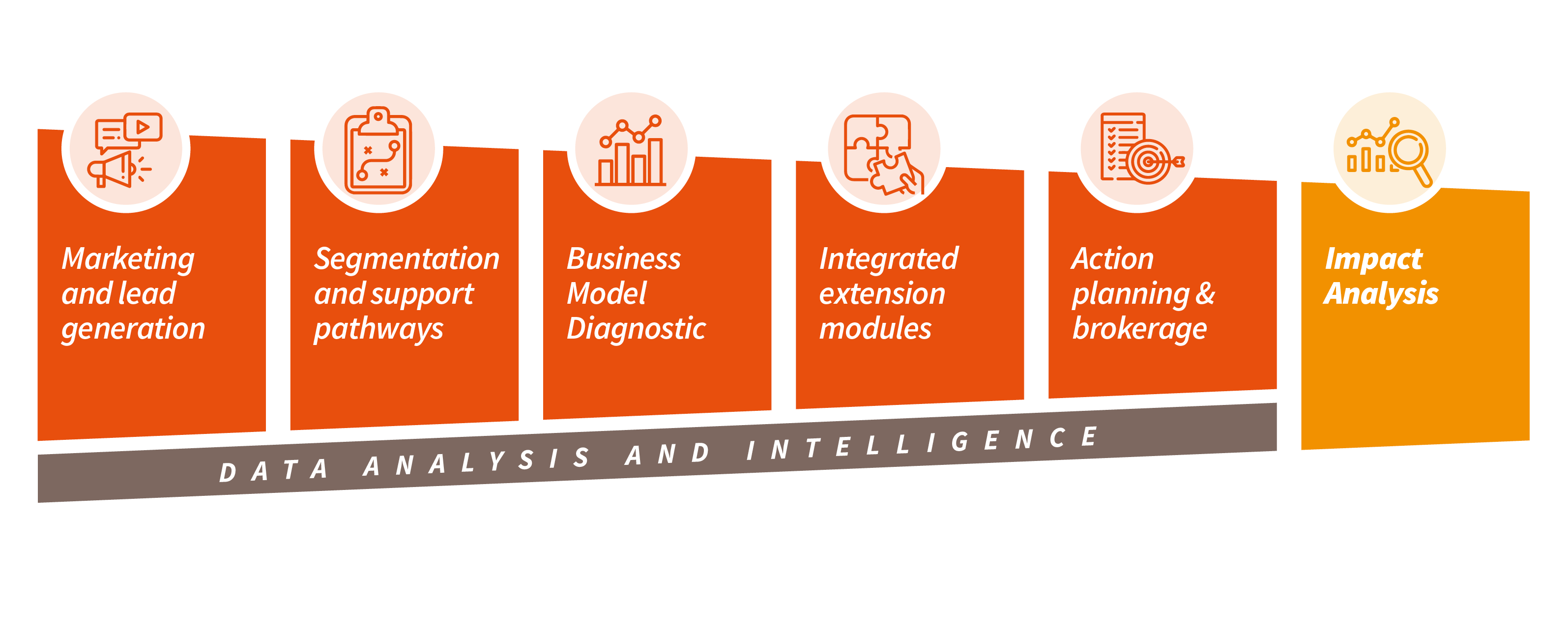The decision to leave the EU has provided the UK with the opportunity to transform its approach to business support and economic development. The shift to a devolved system and mayoral combined authorities (MCA) undoubtedly offers great potential benefits. However, the journey towards this new devolved vision is proving to be far from straightforward.
Although it is clear how the future role of MCAs will help to draw the critical elements of local and regional ecosystems together, the route towards functioning devolution at a national scale is less obvious. In fact, it seems that various unintended consequences are emerging in the formative stages as the system is causing fragmentation, duplication and strategic disconnection for the majority of the country. Constructs imposed such as the Shared Prosperity Fund are exacerbating the situation, particularly in areas without a MCA, causing numerous steps backwards before we can begin moving forwards again.
MCAs: Economic boost or hindrance
MCAs have the potential of bringing regional coherence as well as the longevity that’s desperately needed in economic development. They can crucially align regional delivery structures and governance, funding and activities towards common vision and goals. Unfortunately few regions will benefit from these structures in the short- to medium-term for the reasons outlined above.
It seems that the opportunity to address the weaknesses of the EU funding regime risks being well and truly missed.
Whilst this presents a rather bleak picture, the great news is that it doesn’t have to be this way.
At a local delivery level there is little control over the activities of Whitehall. However, the ability to control implementation at a local level, when coupled with the willingness and aspiration to collaborate and make a real and measurable difference, can create local systems that will drive genuine change and transformation.
This means it is possible to move from:
• Transaction to transformation
• Confusion to clarity
• Output to impact
Data-driven solutions
Data and technology presents a huge opportunity. Local business support ecosystems should be built to deliver effective customer journeys to enterprises that can deliver benefits to the local economy and local people. Data can inform real business need, leading to tailored interventions and customer journeys that will unlock their potential – a seismic shift from the blunt eligibility criteria (such as number of employees and turnover ceilings) that is so often applied. Refined approaches and tools can identify existing performance and the future potential of businesses - moving business support away from an inefficient ‘spray and pray’ approach to one characterised by effective communication and top class service design.
Technology also presents an opportunity to connect business support programmes into a regional system of support, drawing together all publicly-funded activity into a single system – in today’s data-driven world it would be criminal not to do this.
As a nation we should also have confidence in our experience, ingenuity and creativity. Over the past few years, we seem to have become locked in a pattern where we import solutions into the UK when once we exported successful British-made solutions to other countries – a far from satisfactory situation.
Many global business support ecosystems have been modelled on best practice from Britain, with the world looking to us for inspiration. We have excellent business support practitioners who understand what works. The problem is that the short-term nature and inadequacies of the systems designed by policymakers has not harness this expertise. Whilst technology can play a significant role in providing world class support, some rebalancing is needed to row back from the attempt back in 2010 to eradicate business support in favour of a website.
Whilst not wanting to blow our own trumpet (as many other organisations in the UK can make similar boasts) but to illustrate the point: Winning Moves tools, developed in the UK, have been used in business support ecosystems in 46 countries by leading global institutions such as the Fraunhoffer Institute, Australian Government and the United Nations.
We believe passionately that inspiring positive, transformational change in businesses receiving support is an essential outcome. Through collaboration and challenge, it is still not too late to make this changed approach and make a real difference to the future of assisted enterprises.
